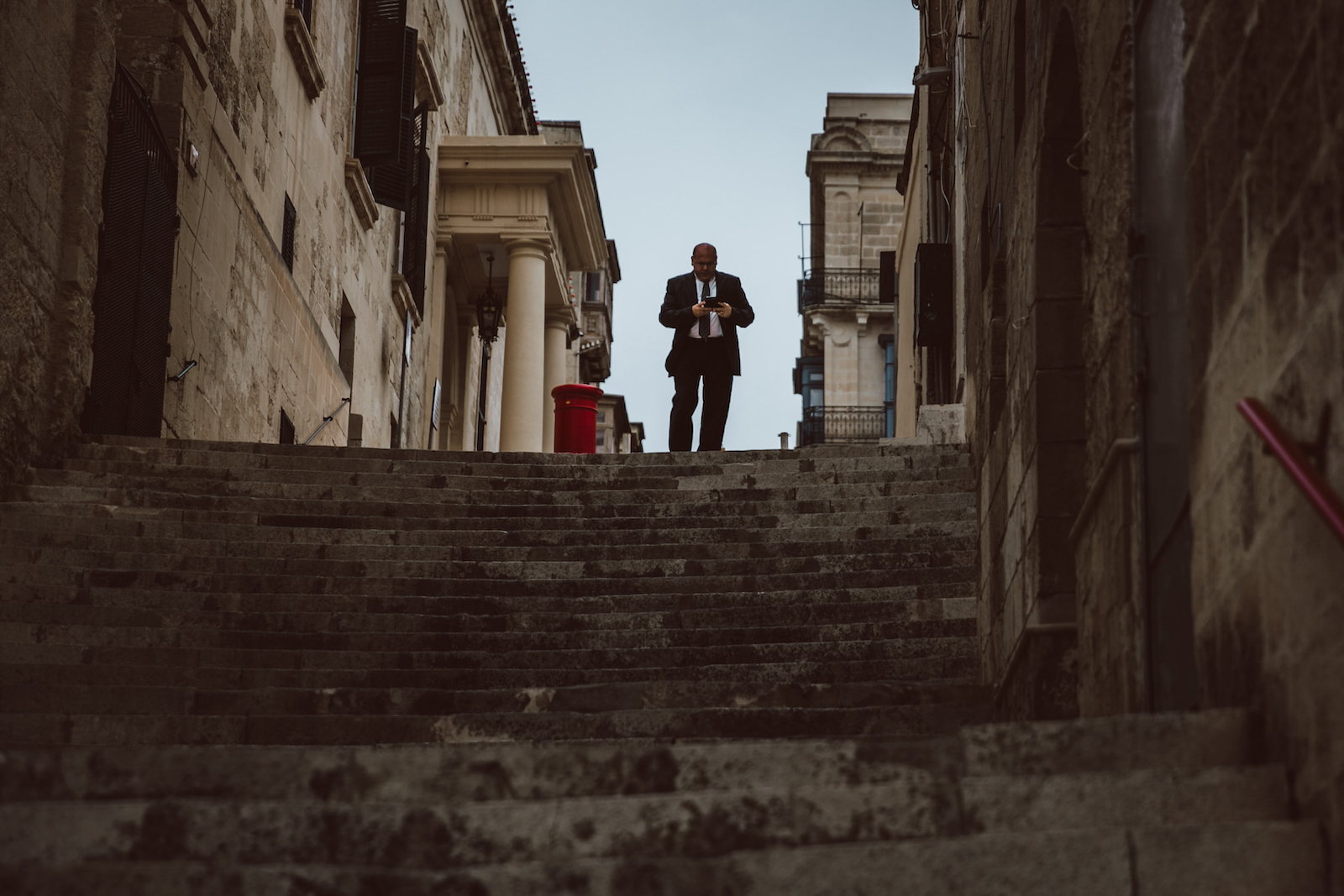
Is Malta Destined to be Europe’s Next Economic Graveyard?
Saddled with the side effects of Brexit and facing accusations of ‘dirty’ Russian money flowing through the city, as well as the looming cost of the pandemic, London’s economy is taking a beating. Still considered the financial capital of the world, London acts as a hub through which many of the most well-respected global financial institutions choose to do business. For all London’s problems, it could be worse. Much worse.
A three-hour flight south from Heathrow is the idyllic island of Malta. Aside from being rather pleasing on the eye, the smallest state in the European Union is fast becoming a cesspool of financial degradation that is leaving a stain on the entire EU project.
Malta’s issues run deep. The corruption eating away at the top of the country’s political system has become so flagrant that the Financial Action Task Force (FATF), the G7’s money laundering unit, has put Malta on its grey list of countries deemed to have ‘strategic deficiencies’ in their financial systems. Malta shares this list with nations such as Zimbabwe, Syria, the Cayman Islands and Uganda – hardly prized company.
The negligence and immorality of the Maltese government has facilitated an environment in which tax evasion and money laundering are commonplace. Criminals and hostile foreign powers have taken full advantage, making hay while the sun shines – as it so often does on Maltese shores. As recently as last November, seven suspects were arrested by Europol on suspicion of laundering €20 million through the island nation.
Global sanctions were seen as a last, but very necessary, resort.
One of the biggest financial scandals in recent memory, which saw the German fintech giant Wirecard toppled by a Financial Times investigation into billions of missing funds from its balance sheet, had roots sprouting from Malta.
At the heart of the scandal was the Ndrangheta crime family, a branch of the Italian mafia that filtered funds through a Maltese online casino called CenturionBet. The mafioso group used many of Malta’s largest casinos to wipe their ill-gotten gains clean as they diverted EU money, intended to help migrants arriving from Africa, into their own pockets.
For all the damage Wirecard’s failings have caused it has also served to peel away a false layer of legitimacy to reveal an industry wallowing in corruption.
Where sunlight is the best disinfectant, Malta’s current administration does its best to keep the country shrouded in darkness to cover its own back. Government officials and cabinet ministers have repeatedly been found to have been involved in money laundering rackets. There is no better example than the case uncovered by Daphne Caruana Galizia, a journalist who was tragically killed by a car bomb in 2017.
Galizia was hot on the tail of Yorgen Fenech, a businessman and member of one of Malta’s wealthiest casino-owning families, who was laundering money via his firm 17 Black – a secret company based in Dubai. He is now on trial for ordering her assassination.
The fallout from the Galizia murder and surrounding corruption scandal resulted in the prosecution of Fenech along with Keith Schembri, the prime minister’s chief of staff, Konrad Mizzi, a government minister, and the subsequent resignation of Joseph Muscat, the prime minister.
Light touch regulations ripe for exploitation are not just limited to Malta’s traditional industries. In 2020, it was reported that upwards of $70 billion in cryptocurrency had moved through the country in recent years due to lax financial restraints.
Despite its surging popularity, cryptos continue to receive widespread criticism from experts such as Andrew Bailey, the governor of the Bank of England, who warned that Bitcoin has “no intrinsic value at all” which should be bought only if “you’re prepared to lose all your money.” The billions in crypto funneled through the Mediterranean have earned Malta the unenviable nickname ‘Blockchain Island.’ This reputation continues to attract criminal organisations looking to play the system including migrant trafficking gangs and financiers of terrorist groups.
The instability of cryptocurrencies as a form of investment underlines just how unstable Malta’s entire financial system is.
A land where corruption can thrive, Malta’s government has done little to discourage the emergence and spread of nefarious financial activity. Blackmarked by global institutions, firms and individual investors now bear enormous risk when investing in Malta – their money simply isn’t safe.
The tumour of corruption in Malta has grown too large for the government to perform self-surgery particularly as the ruling elite have had a major hand in the descent into sleaze. As foreign owned businesses continue to plan their exit strategies from the island, EU officials will be relying on FATF sanctions to stem the tide of crime or Malta’s membership in the Union may come into question.

